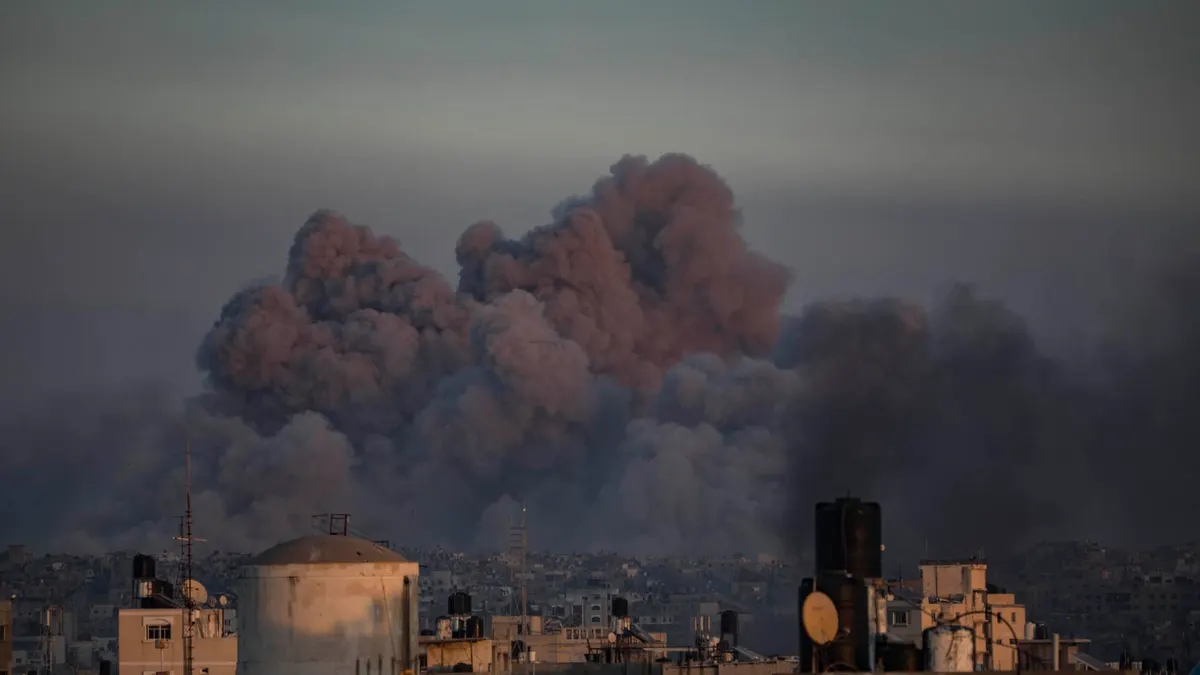
Gaza is experiencing the longest telephone and internet connection cut since the beginning of the war with Israel on October 7, and there has been a blackout for eight days now, which makes both internal and external communication difficult. “The interruption of communications and Internet services in Gaza entered the eighth day this Friday, and is the longest since the beginning of the Israeli aggression on the Strip,” the Palestinian news agency Wafa reported this Friday.
Last Friday, the two main companyPalestinian telephone and internet companies, Paltel and Oredoo, reported the total cessation of service in Gaza due to the intensity of Israel’s offensive.
“Main lines for telecommunications and internet companies were repeatedly damaged, leading to the cessation of all our services in the southern and central Strip,” Oredoo, whose service is partly still operating in the north, said last week. For his part, the vice president of the board of directors of the Communications Regulatory Authority, Ihab Sobeih, assured that the lines “are completely cut off” in the center and south of the Strip. In turn, employees of the Paltel company, which provides services in this area, were unable to repair the damage to their plants “due to the lack of safe roads and the difficulty of circulation as a result of the massive destruction of roads.” Added to that is the shortage of spare material, Sobeih added.
He also denounced that “technical teams have been exposed to direct attacks while carrying out their work,” and last week, two workers died while carrying out repair work in the Khan Yunis area because their vehicle was “hit by a direct missile.” “.
This is the seventh time that communications have been cut off in Gaza, while extensive material damage to telecommunications infrastructure and lack of fuel has also been causing “repeated interruptions and pressure on the network” in recent months. All this has led to the Palestine Red Crescent has “a total loss of communication with their teams working in Gaza”, and the situation “increases the challenges that health teams face in providing their services and reaching the wounded as quickly as possible.”
Source: Lasexta
Ricardo is a renowned author and journalist, known for his exceptional writing on top-news stories. He currently works as a writer at the 247 News Agency, where he is known for his ability to deliver breaking news and insightful analysis on the most pressing issues of the day.











